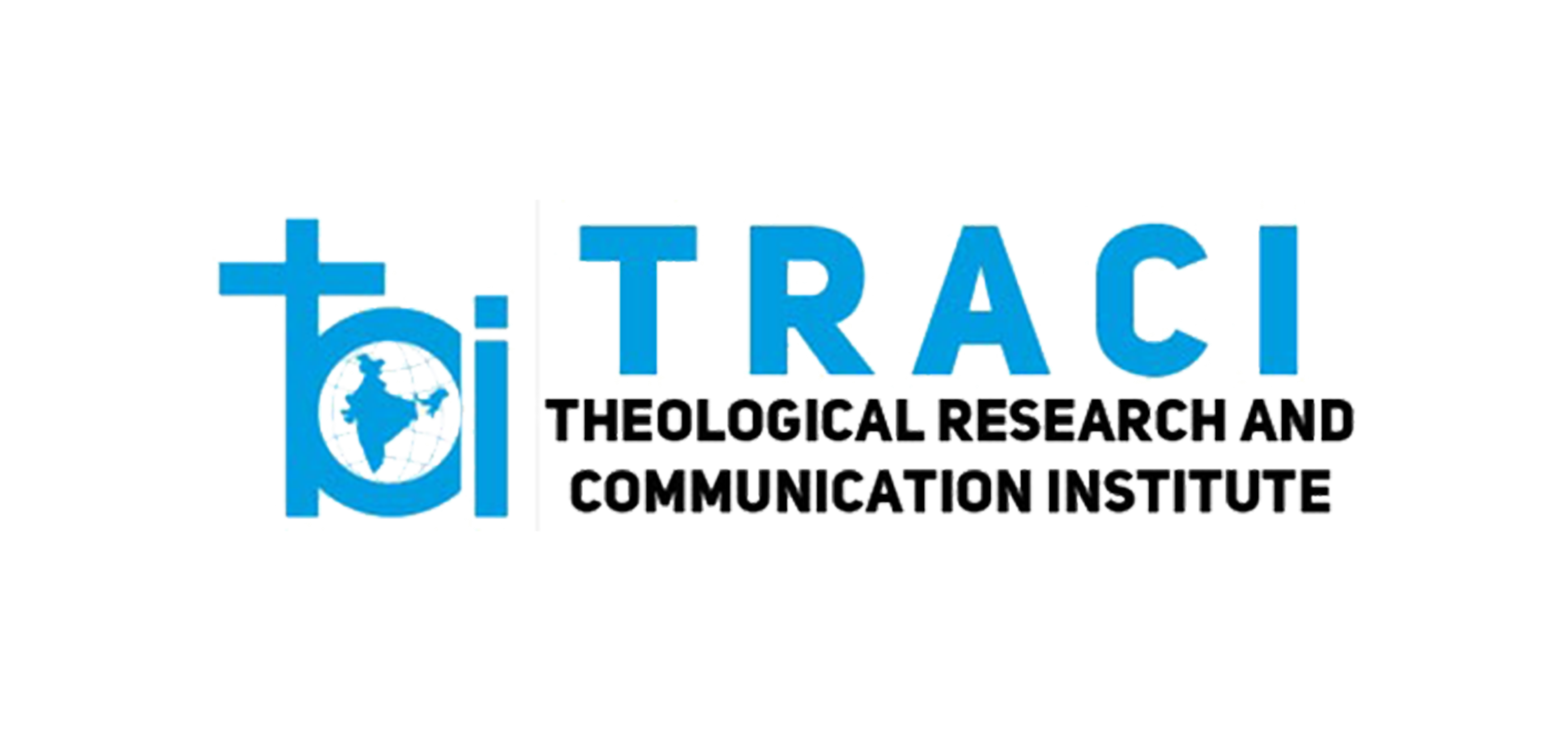REBUILDING ANCIENT RUINS Dr.Idicheria Ninan
The long term impact of the present pandemic and consequent measures to contain it through extended periods of Lock Down and social distancing remains to be unraveled. Though we have endured various disasters, natural and man made, never has there been such a colossal calamity! Covid-19 refused to honor national borders and travel permits! It ripped through the all too familiar barricades of rich and poor, high and low, powerful and powerless. In its present refusal to be harnessed, with the promise of a vaccine or medicine being yet a dream, the vulnerability of our accumulated wisdom remains exposed. It certainly has shaken Christian communal existence too. Our vocation as God’s people is fundamentally communal – as members of the body of Christ. What lies ahead? What would be future of the church? What sort of church life will we reconstruct with the debris left behind?
I refuse to be cowed down by the pandemic. I do not think the church as a community will cease to exist. I dare not present an individualistic spirituality as viable alternate. Re-imagining authentic Christian existence sans its integration into a community will be far from being Christian. I would rather look for light beyond the thick darkness that seems to have covered the earth. The picture I see is comparable to what is envisaged in Dt 32:11 – where God promises Israel that she will learn to fly despite the stirrings of the nest, and the fear of a crash landing. Stirrings of the nest is comparable to a phenomenon referred to as Cognitive Dissonance.
Cognitive Dissonance in psychology refers to a state of conflict: of attitudes, behaviours, feelings, arising from unexpected events or situations. For example, the declaration of lock down with a minimum gestation of 4 hours, we all experienced some degree of discomfort in adapting new patterns of behaviour that was forced upon us. The traumas of millions are yet to be shared. Yet, the positive use of cognitive dissonance in the field of education is to help a learner to adapt new fields and levels of knowledge. It helps in assimilation and behavioural change. So, teachers par excellence intentionally create ‘cognitive dissonance’ for higher learning outcomes. We may see the stirring of the nest provoked by Corona, as an instance of “Cognitive dissonance” enabling us to recall and recognise the importance of some forgotten elements of being Christian. Let me suggest three areas that ought to be positive outcomes of this suffering.
First let us treat this as a ‘wakeup call’. Wasn’t the church in a state of drunken stupor intoxicated by the systems of the world? Take for example the endorsement and promotion of ‘Theologies of Prosperity’. Viewing prosperity as the sign of divine good pleasure and hence the validation of the faith of the believer generated a culture of conspicuous consumption. Acquisition of displayable wealth appeared to be a goal worth chasing. The hope of the future – the dimensions of the not yet – that had once powered Pentecostal spirituality through shame and suffering faded away for the visible signs of present prosperity. Ethical rightness of the means of making money evaporated; instead a competitive display of opulence by individuals and institutions came to be recognised as the yardstick of divine approval. Naturally, truth and justice were victims.
Apparently, the proponents of prosperity failed to hear the heart cry of God made clear through the 8th Century BC prophets of Israel (Amos, Isaiah, Hosea and Micah). When the poor were excluded and pushed to the margins the prophets cried out for justice, righteousness, equity, and freedom for all in Israel’s socio-economic life. God’s vision of a humanity that reflects his grace, compassion, justice, faithfulness, and mercy was marred by the powerful who promoted the “partiality of prosperity” (ESAF Small Finance Bank’s call – to fight the partiality of prosperity). Prosperity of the few is worlds apart from the incarnate Christ, and the “glory of God on the face of Jesus Christ”. Paul’s vision of responsible solidarity between the rich and the poor (2 Cor 8 & 9) would have nothing to share with the distortion of ‘faith expressing itself as consumption’?
Theologies of ‘health and wealth’ were wedded to the unjust and insecure systems of the world. The Gospel on the other hand is the invasive presence of God’s grace which dismantles the structures and systems of the world (1 Cor 7:29-31). In this sense ‘Prosperity Theology’ was built on sand! Now when the foundations of the world are shaken, and let us beware, the yet to be fully assessed, dreadful impact of Corona on the economies of every nation’, will prosperity theology continue to mesmerise the “hoi polloi”?
Immediately after the first world war, and as the world struggled to endure the devastating pandemic ‘Spanish flu’, the young Swiss theologian Karl Barth published his commentary on Romans in 1919. Later theologians commented: Barth threw a bomb into the middle of Liberal Theologians’ play field’! Isn’t, Corona similar: a hand grenade that has fallen into the playground of Prosperity Theology?
Secondly it appears to be a clear endorsement: ‘Small is beautiful!’ The age of mega churches, mega events and celebrity shows may perhaps fade away. The success of Christian witness does not require the mindless copying of sports and entertainment industry! We need to rediscover the vitality of the pre-Constantinian church which registered the fastest period of growth, without political patronage and cathedrals; their lot was persecution and poverty!
They cared for destitute of all types: widows, orphans, sick, victims of plagues, and children who were cast away! Their collections of money and materials was primarily for the care of the needy. Slavery was ubiquitous; it was the backbone of the empire. Yet Christian slaves felt emancipated within the fictive family of the church. Believers often pooled resources to set slaves free (Philemon). The role of women despite the strictures of Roman patriarchy was elevated through the Charismata, so that even upper-class women embraced the gospel. The gospel was the infection of healing, through compassion, care, one to one witness and the power of transformed lives! In the ‘micro’ settings, one could not remain a hypocrite for too long, for people saw one another with greater degree of transparence!
Finally, it is a call to engage all. Lockdown played a major creative role in bringing our talented youth from the margins to the centre court. They played the key role in tapping new technology to help the church ‘in lock down’. Attendance in prayer meetings and mid-week meetings have soared! Can we continue any longer the waste of such talent? Educated young people lead the fortunes and future of mega industries. Will this not be replicated at least post Corona?
It is good to recall that the Pentecostal awakening of the last century in India was initially a youth led movement! Pastor K E Abraham was only 25 years old when the Then India Pentecost Church was registered (1924). At the time of the registration of IPC in 1935, the average age of the pioneers would have been roughly 30! Isn’t it unfortunate that even youth ministries that ought to have been counter cultural are governed by senior citizens? Yes, with the wealth of experience, ‘old is certainly gold’. However, we need to bring our thus far frozen assets, youth and women into the centre court. Let them play the game, and let age and experience come forward to mentor them!
As we are called to ‘rebuild ancient ruins and restore the places long devastated’ (Is. 61:4), all God’s people – without boarders or distinctions – ought to become “the oaks of righteousness and the plantation of the Lord’ (Is 61:3). The small, (micro) has to be inclusive – men and women, young and old, rich and poor – because its survival depends on the engagement and effectiveness of all. The inclusive ‘micro’ will enrich many and mentor them to be heroes, unlike the ‘glamorous few’ who compete for supremacy and to protect their privileges.
The God who stirs up the nest and hovers over it’s young like an eagle, will bear us on eagle’s wings to participate in the humanity designed and delivered by His son. As John Stott, one of the key architects of evangelicalism in the previous century used to say: we need to return to BBC – a Balanced Biblical Christianity. I would like to echo that with a rider: let it be Trinitarian and Pentecostal too!
Dr. Idicheria Ninan was a Langham Scholar at Wycliffe Hall, Oxford (1989-94) researching for a PhD in New Testament awarded by the University of Coventry. He has served with the UESI as a staff worker, ICPF as its General Secretary (1995-2000), IPC Seminary – Kottayam as its Principal (2002-2010) and South Asia Institute of Advanced Christian Studies as Professor and Head of New Testament Studies till retirement in 2019. He is currently engaged in writing commentaries, and serving several Indian Missions on their Board. He is the vice chairman of ESAF Society that is engaged in market place witness through multiple models of social engagements for sustainable livelihood. He lives with Carol his wife in Bangalore. They have two married daughters who are practicing Christians. Charis is pursuing a PhD in sociology in Cambridge and Irene is Chief Programme Officer of Boston Children’s Choir.


